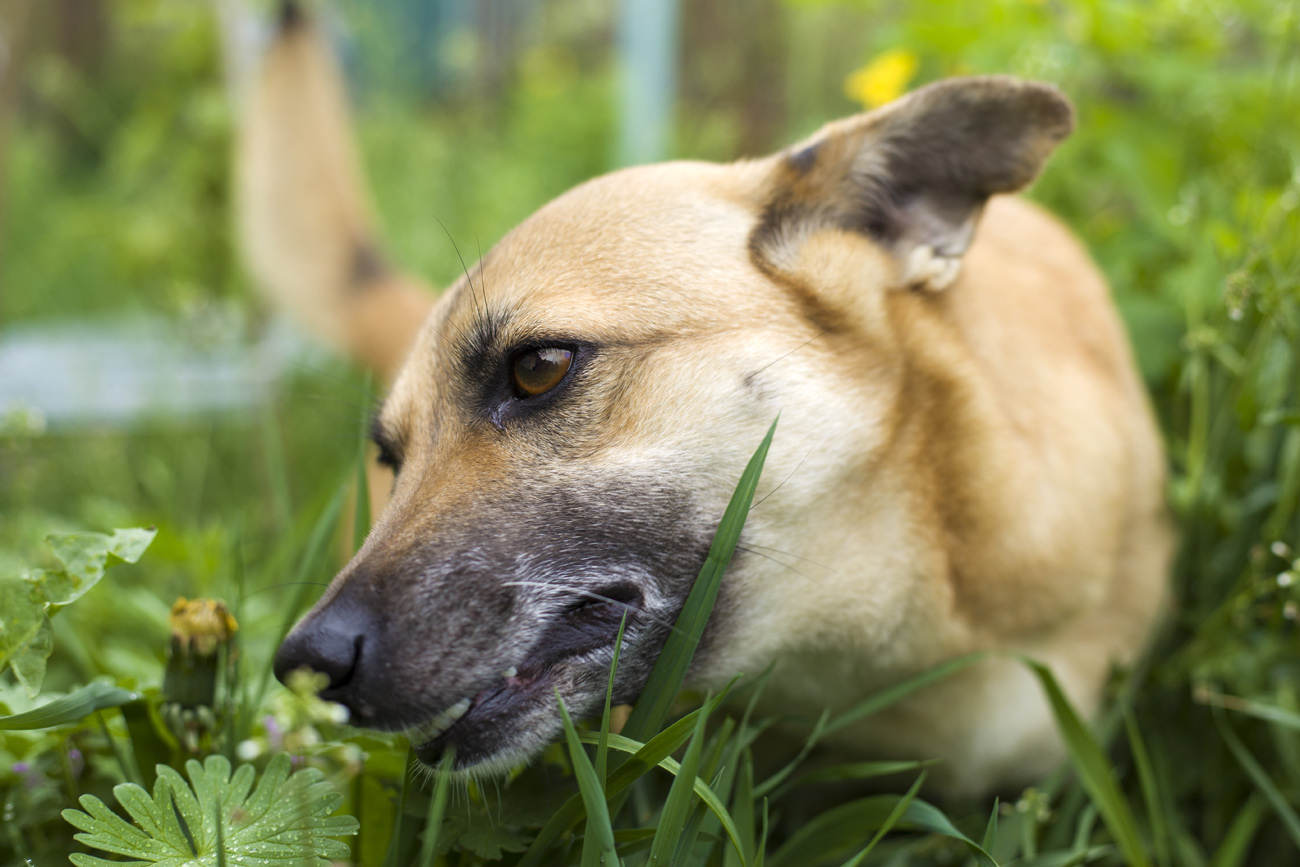While it may seem peculiar to us, many dogs have a curious habit of munching on grass from time to time. In this article, we’ll explore the reasons behind this behavior and whether it’s something to be concerned about.
Reasons Why Dogs Eat Grass
Dogs may eat grass for various reasons. Sometimes, it’s simply because they enjoy the taste or texture. Other times, it could be due to dietary deficiencies, seeking to induce vomiting to relieve an upset stomach, or even out of boredom or as a way to fulfill an instinctual behavior.
Enjoyment: Some dogs simply like the taste or texture of grass.
Dietary Deficiency: Dogs may eat grass to supplement their diet with nutrients like fiber.
Digestive Aid: Grass can help induce vomiting, which may help dogs with an upset stomach.
Boredom or Instinct: Some dogs may eat grass out of boredom or to fulfill an instinctual behavior inherited from their wild ancestors.
Ensure your dog’s diet is balanced and provides all necessary nutrients. Provide ample mental and physical stimulation to prevent boredom.
Is It Normal for Dogs to Eat Grass?
It’s considered normal for dogs to eat grass in moderation. However, if your dog is excessively eating grass or showing other unusual behaviors, it’s advisable to consult with a veterinarian to rule out any underlying health issues.
Monitor your dog’s grass-eating habits and behavior for any changes.
Health Benefits of Dogs Eating Grass
While it might seem odd, there are actually some potential health benefits to dogs eating grass. Grass can provide fiber, aid in digestion, and help with eliminating substances from their stomach through vomiting.
- Aids in Digestion: Grass can help promote digestion and regular bowel movements.
- Provides Fiber: Grass is a source of fiber, which is beneficial for gut health.
- Induces Vomiting: In some cases, eating grass may help a dog vomit to expel something that is causing discomfort.
NB: Ensure the grass your dog has access to is free from pesticides or toxic chemicals. Monitor your dog after eating grass to ensure they don’t become sick. While generally safe, there are some risks associated with dogs eating grass. These include the ingestion of pesticides or toxic plants, which can lead to gastrointestinal irritation or other health issues. Regularly check your yard for toxic plants and remove them if found. Consider using pet-safe alternatives to pesticides on your lawn.
How to Manage Your Dog’s Grass Eating Habit
If your dog’s grass eating becomes excessive or problematic, there are steps you can take to manage or redirect this behavior. Providing alternative sources of fiber or ensuring your dog’s diet is balanced may help.
- Provide Adequate Nutrition: Ensure your dog’s diet is balanced and meets their nutritional needs.
- Offer Alternative Chews: Provide safe and appropriate chew toys to satisfy your dog’s chewing urges.
- Consult a Professional: If your dog’s grass eating is concerning, consult with a veterinarian or animal behaviorist for guidance.
In conclusion, while it’s generally normal for dogs to eat grass, it’s important to monitor their behavior and ensure they’re not ingesting anything harmful. If you have concerns about your dog’s grass-eating habits, don’t hesitate to seek advice from your vet.
Yours in Paws!
The PawPaw Team.

